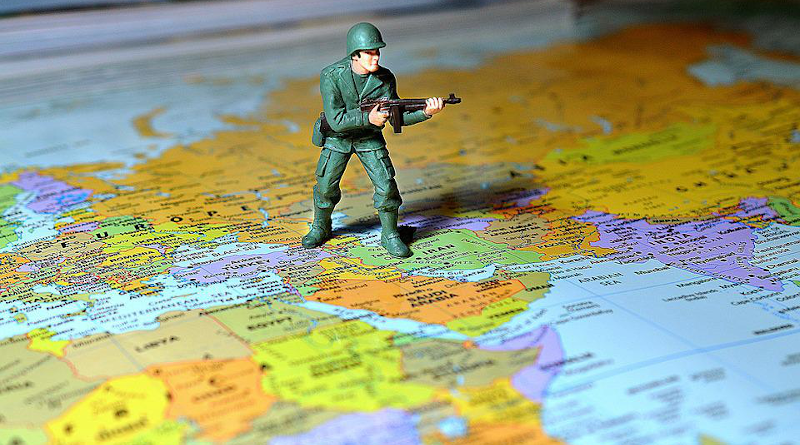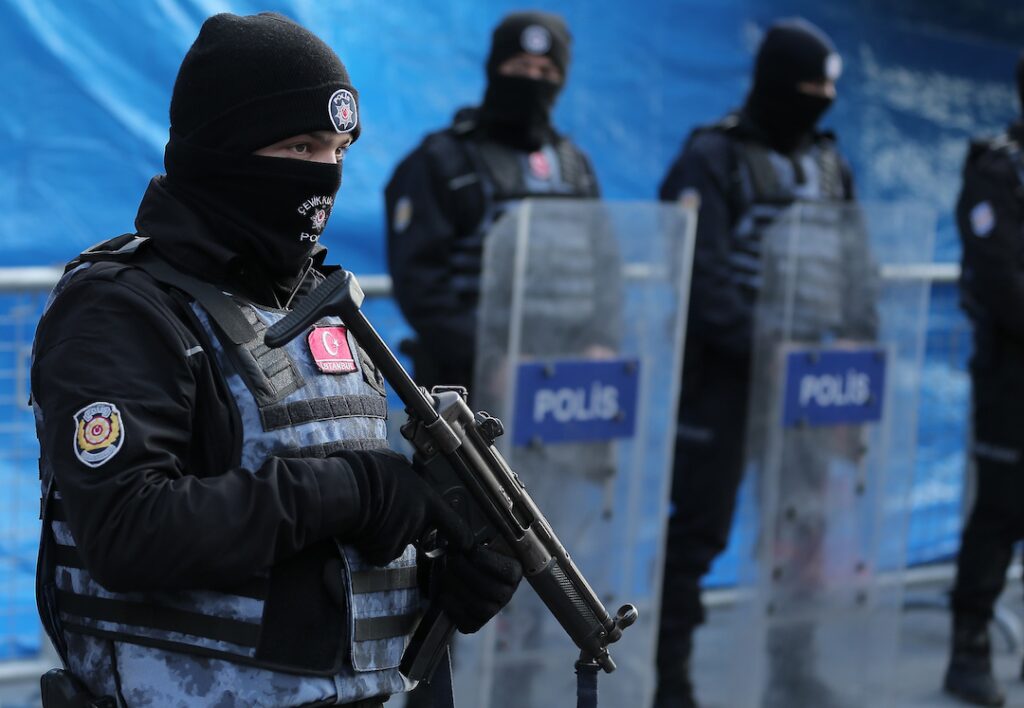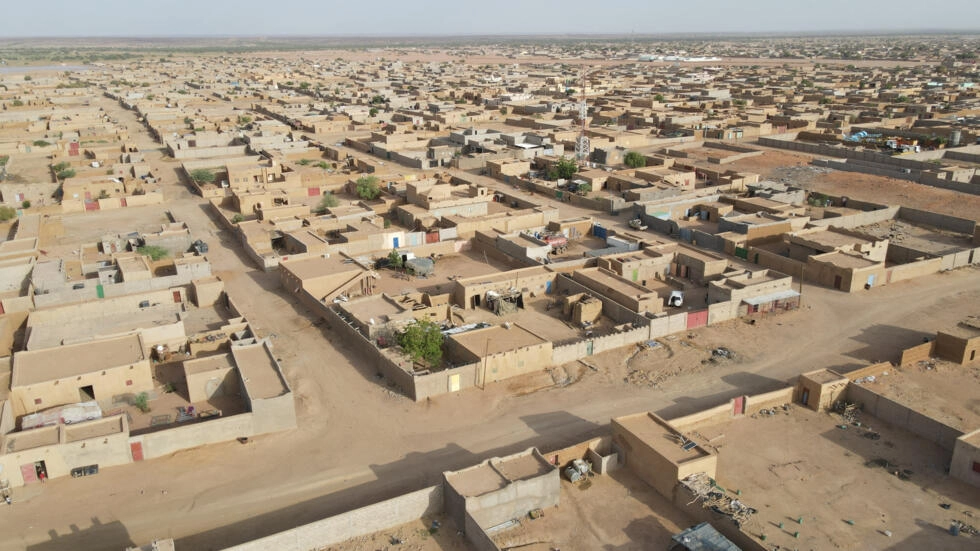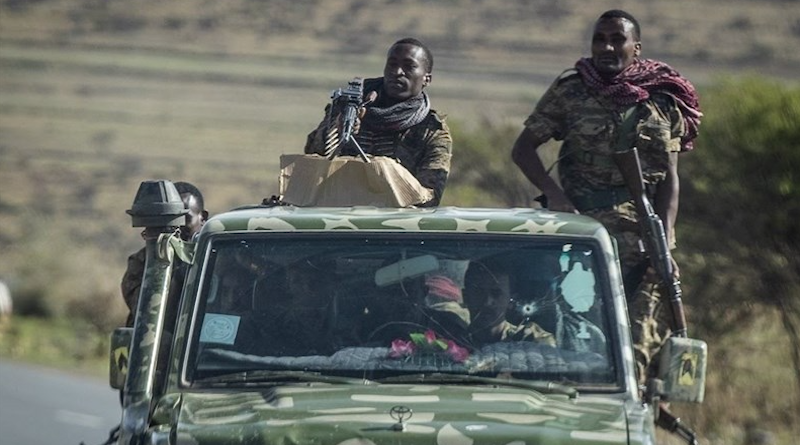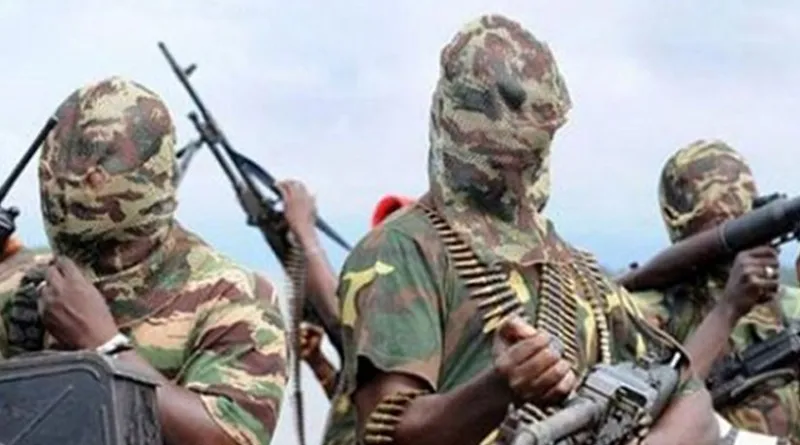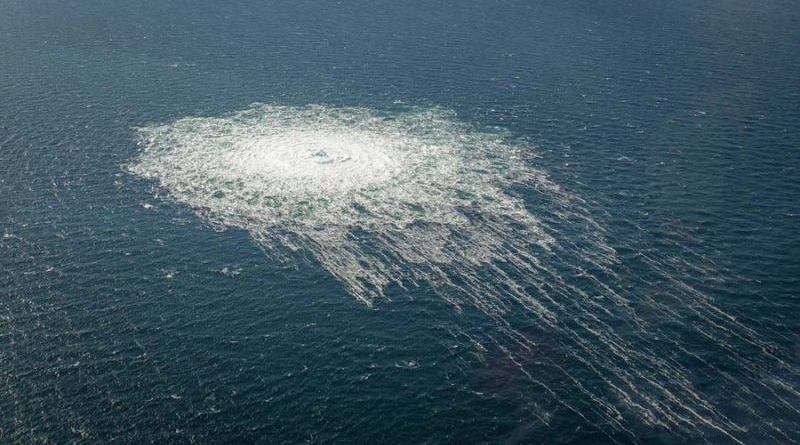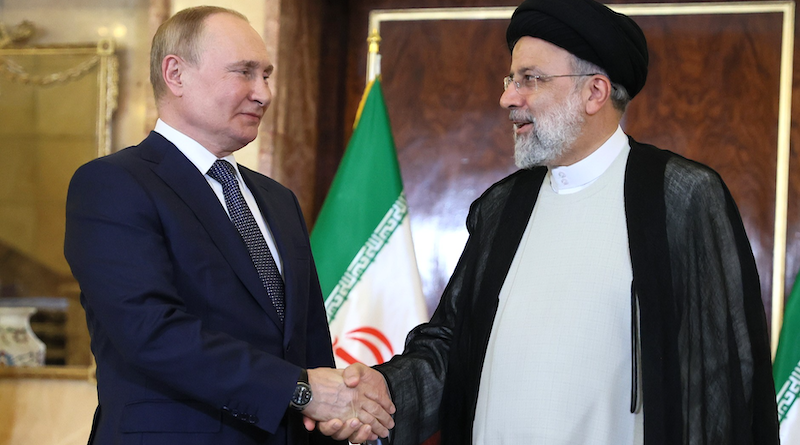Oil on the Jihadi Fire: The Repercussions of a Wagner Group Deployment to Burkina Faso
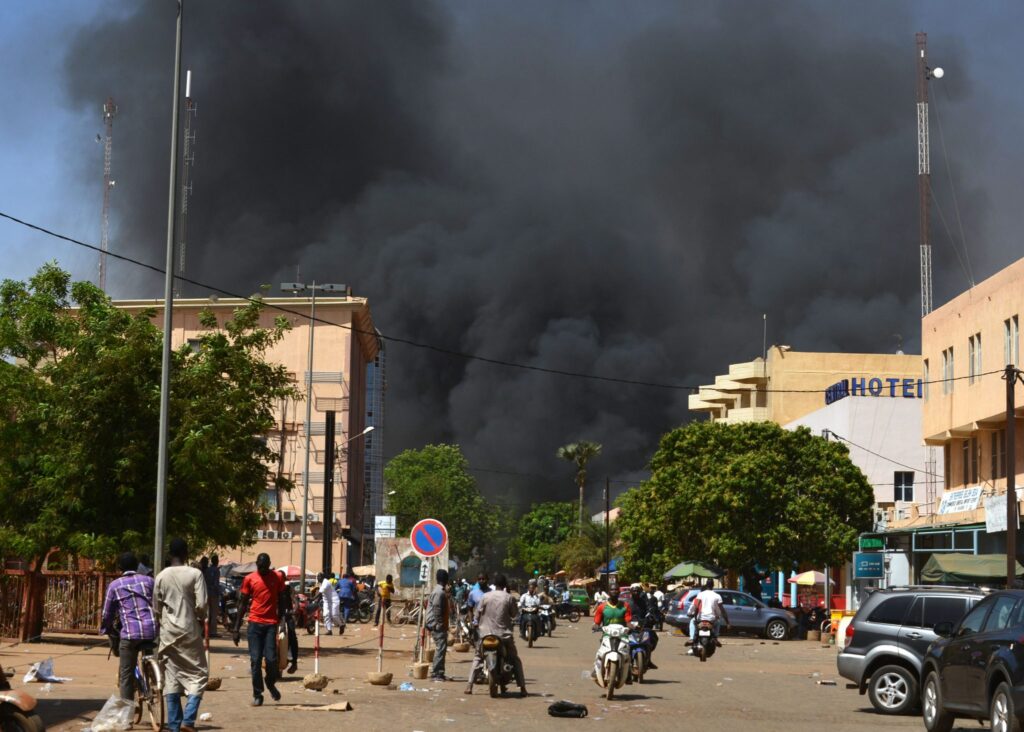
Abstract: On January 18, 2023, the military regime in Burkina Faso demanded that France withdraw its troops from the country within a month, stoking fears that another African country is set to hire the Kremlin’s favorite mercenaries, the Wagner Group, to help contain Burkina Faso’s worsening jihadi insurgency. There seems to be a very significant probability that the military government in Burkina Faso will indeed hire Wagner in the near future. The leader of Burkina’s junta, Captain Ibrahim Traore, currently faces intense pressure from both within his country and neighboring Mali to bring in Wagner mercenaries to stabilize the security situation. Though it is important to stress that Burkina Faso has already turned to private military companies, any move to hire Wagner Group would be a symptom of the malaise caused by weak and hollowed-out state institutions, corruption, and the increased militarization of Burkinabe society. Nevertheless, a future potential Wagner deployment to Burkina Faso would likely result in a further upsurge in jihadi violence in Burkina Faso given the fact that jihadi attacks, perpetrated by both JNIM and the Islamic State, have increased dramatically across Mali since Wagner’s deployment there just over a year ago. And a Wagner deployment to Burkina Faso would further entrench Russian influence in Africa, complicate Western policy in West Africa, and create humanitarian concerns given Wagner’s reprehensible human rights record.

